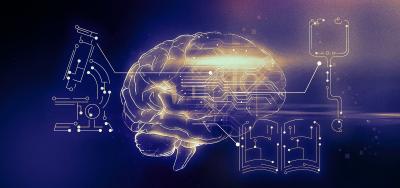I think people will apprecite this article, especially inasmuch as Gwen Nguyen argues "there is no such thing as AI pedagogy" but I think any article on digital learning that begins "you walk into your classroom and instead of rows of eager (or maybe sleepy) students you're greeted by a sea of screens" is about to seriously miss the point. The argument against the idea of AI pedagogy is by now a familiar one:
- AI "cannot provide the immediate empathy and understanding that a human teacher can";
- AI "lacks the capacity for deep ethical reasoning" and "cannot engage in nuanced discussions about ethics, culture, and human experiences";
- AI cannot "fully appreciate the creativity, original thinking, or emotional experience that students might bring in their work".
While these may be true of contemporary AI, there's no reason to believe they won't be true in the future. But more to the point, it's important to examine what these mean in a pedagogical context. For me, the first princple of digital education is that it is much more difficult to project power over students online. From a certain perspective - and we could talk about that - all three of these arguments are about ways of projecting power (under, of course, the guise of empathy, ethics, and appreciation). The risk here is that AI will be able to do these three things, not that it won't be able to, and hence may be able to circumvent humans' direct influence and power over each other.
Today: 0 Total: 423 [] [Share]




